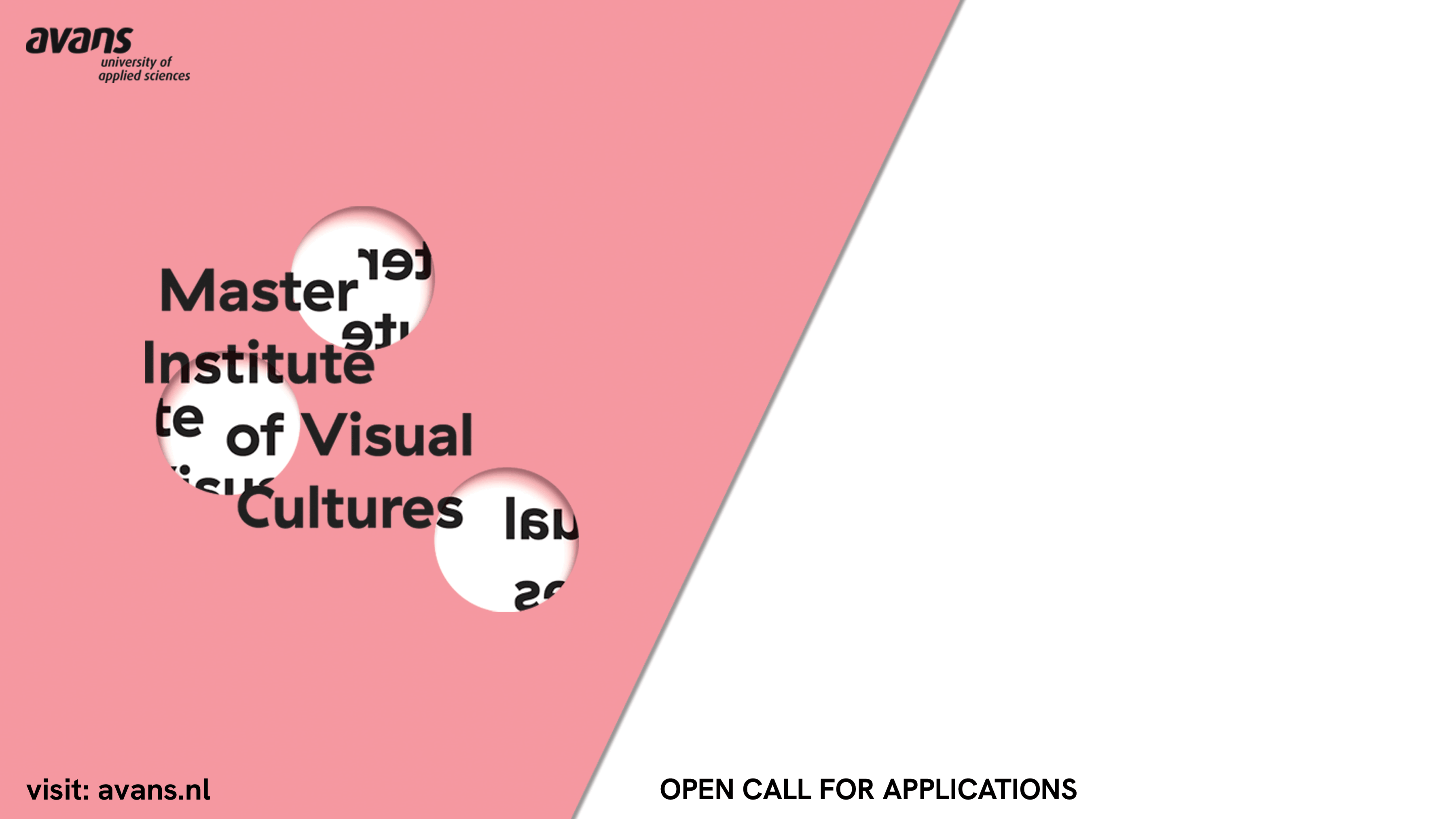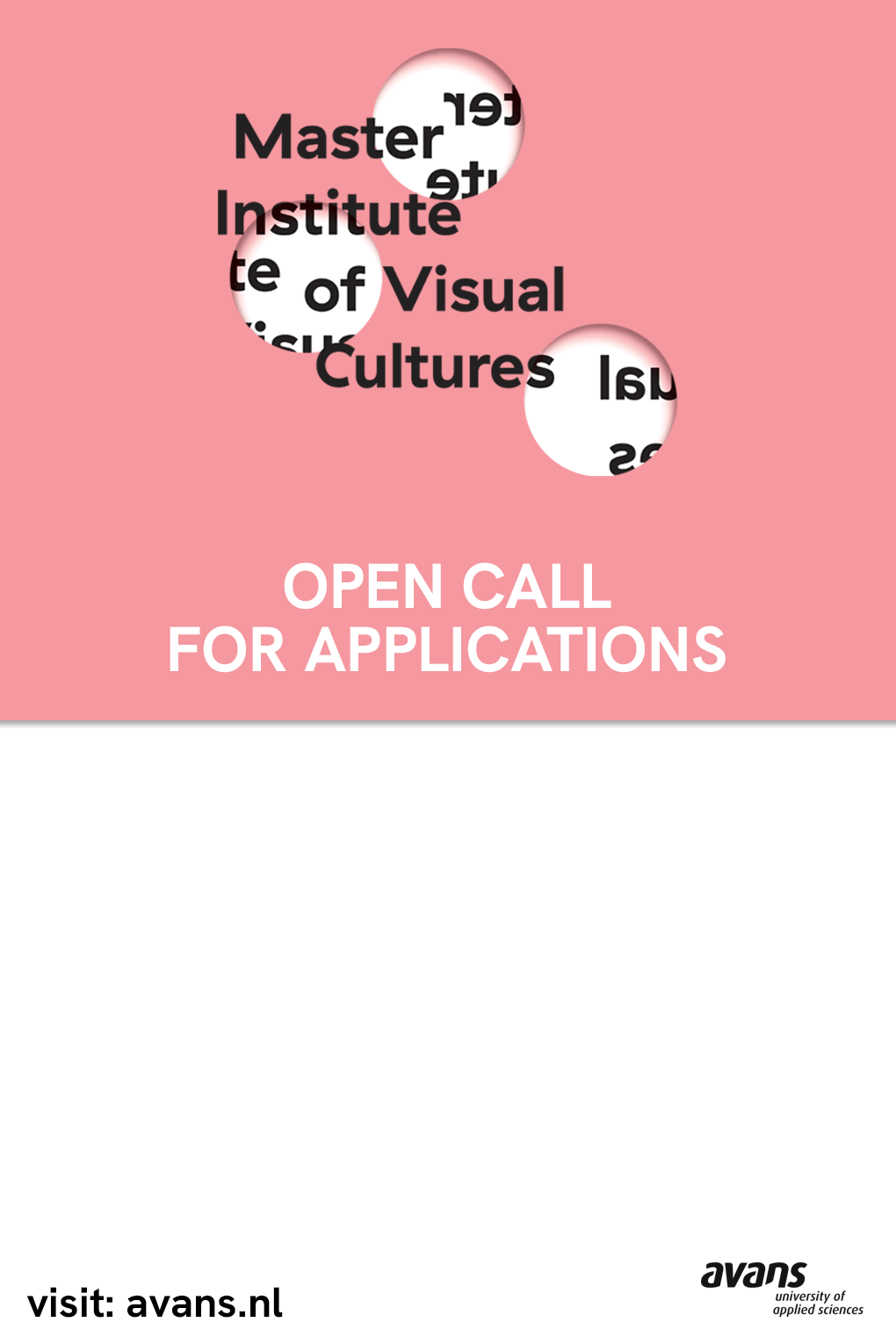A Lebanese friend who happens to be a writer was telling me recently that he didn’t appreciate the comments posted in response to some of his articles on the internet. He happens to work at a well-known journalistic institution whose website has been suspended in a 1990s internet vortex due to some bureaucratic complications. Although his colleagues often complain about the woeful obscurity of their writing on this website compared to other less serious yet more influential media outlets, he secretly relished the anonymity imposed by a somewhat slow-moving and antiquated form of delivery.
It was not long ago that my friend told me this, but we are living in fast-paced times. In this state of temporal compression, a worrying trend has emerged in which a writer’s success has come to be measured by the number of views and comments elicited by his or her writing. Those same writers have, in a matter of a few years, adopted a new publishing ethos in which they post their thoughts, opinions, and writings on the plethora of blogging sites currently available. The generation of bloggers, many of whom started out as newspaper writers and later moved to electronic publishing, didn’t stop there—they expanded their commenting activity to their personal Facebook pages.
In pure numbers, the results have been astonishing. Journalists who used to write long-form, in-depth articles—quality notwithstanding—in the traditional newspaper format started to cut their articles shorter with every piece published online, until they reduced their output to short anecdotes approaching the 140 character limit of a tweet. This produces a structure that is not so different from a snapshot of a celebrity; it doesn’t communicate much more than a hint at something unquantifiable. And since “hinting” is all the readers have to go by, a whole industry of entertainment reporting has sprung to life, spawning writers with authoritative voices who have the final say in what the change in Brad Pitt’s hairstyle means for his relationship with Angelina Jolie. Needless to say, such “factual” interpretations are nothing more than wild rumors.
There is a plague afflicting writing and writers these days, one that makes them Google themselves to check the number of articles mentioning them by name. They have no time to read every single piece of written material that mentions them, so they focus on the statistics. As a result, they managed to venture into the same forest that they were, as writers and artists, trying to discern from the trees: “Avatar broke box office records,” “Aristotle was mentioned millions of times on the internet,” “Lady Gaga has more Likes on her Facebook page than Barack Obama”—translated into a declaration of what a great film Avatar is, how Aristotle is the most important thinker, how Lady Gaga is far more important then Frank Sinatra and Barack Obama combined.
It’s no wonder that this way of neglecting the qualitative aspect of experience and looking purely at quantities is misleading and unfair, as Karl Marx has already explained.1 The slippery slope the journalists and writers have been sliding down has turned them away from writing and towards advertising. No longer is there any point in delving into Althusserian structural analysis. The official goal or mission is to poll the public in order to validate one’s point of view and gain legitimacy among others. In a sense, this makes the public the judge and juror and the Supreme Rulers/Kings/Khalifs who order the court jesters around to entertain them. They have no time for philosophers and truth-seekers who aspire to reinvent the rules and find values and morals in them.
In these times of temporal compression, all of this feels like a memory from the distant past. It’s possible that a day will come when we give praise to the age of the punch line, when writers will be remade as celebrities and the audience as judges. In early 2010, the writer Bilal Khbeiz published an article with the evocative title “In Praise of Books: When Authorities Close a Prison, They Foil a Revolution!” in the Lebanese cultural periodical Juthour (Roots). In the article, Khbeiz studied the anonymous commenters who post under published articles on the web and saw in them the rise of a new totalitarianism that favors collective sloganeering over individual opinion. In the same article, he created clear boundaries between readers and writers, with readers as totalities and writers as discrete entities.


Based on this distinction, one could say that Karl Marx and Friedrich Nietzsche are writers and Vladimir Lenin and Adolph Hitler are readers because the latter interpret based on a simplistic, totalitarian understanding of what the former have respectively written. The same applies, in frightening terms, to the Islamic extremists of today and the judges of the inquisition in medieval Europe. Osama bin Laden and Ayman Zawahiri, in their reading of the Islamic tradition, show extreme narrow-mindedness and limited imagination—no different from other average readers—when they squeeze the richness of Islam and its traditions into a tiny box inside their heads. They reduce it to broad-stroke headlines that divide people into two groups: believers and infidels. This makes them no different than the perpetrator of the Wisconsin massacre at a Sikh temple—an even worse case, since the shooter couldn’t even tell the difference between a Sikh and a Muslim. A member of a white supremacist group, he considered anything outside the limits of his understanding to be hostile territory. Anyone who is different is deemed evil and worthy of contempt. Since the murderer sees an enemy in everyone who is alien to him, killing members of the Sikh faith by misidentifying them as Muslims doesn’t change the truth about the event: a Muslim is no more alien to him than a Sikh is. The perpetrator sees Islam in the face of the Evil Foreigner, so Sikhs become inadvertently Muslim for being non-white and non-Christian. However, the bigger tragedy lies not in the blindness of the perpetrator but in that of the victims’ families, who didn’t flinch while declaring, “We are not terrorists, we’re Indian Sikhs, not Muslims.”
It’s not a stretch to view this incident as a uniquely modern event, especially when it contradicts Hegel’s famous objection to generalization as an exercise in blindness: at night, all cows are black.2
The Wisconsin massacre, as alarming as it was, looks less so when seen in the context of recent developments in Syria and the political and popular reactions to them. The adamant declarations that the Syrian opposition is an extremist Islamist opposition led by Al-Qaeda completely ignores the fact that there are other facets of the opposition that are affiliated with secular, democratic ideals. But that is not the problem—the real problem is putting words into the mouths of the dead. The Syrian regime uses tanks and airplanes to pound cities and murder their inhabitants based on a nefarious assumption shared by other countries and factions—using as a pretext for retaliation the killer’s own doubts and fears rather than the intent or opinion of the victim. A conscript in the army will kill those who he thinks are enemies before they kill him. Therefore, every Syrian victim is seen, in the minds of the killers and their allies, as a dead extremist based on the proof that the majority of casualties belong to the same sect. This enables the killers to commit the crime and reconstitute their victims as extremists postmortem. It is in this way that the Syrian regime resembles the Wisconsin murderer who perpetuated generalization and blindness by judging an entire group as one cohesive block of extremism. In the meantime, an individual cannot escape deadly retribution because he or she is already condemned to being either a terrorist or in the process of becoming one.
Attempts to debunk this assumption by pointing out the presence of Syrian democrats, secularists, or non-Sunni denominations among the opposition are discredited by the regime that separates individuals from their groups to label them as spies or collaborators with outside forces. The choice to become a spy is an individual one that negates belonging to a group. The Syrians are a “people,” and a Syrian spy is an outsider and an enemy. Syrian Sunnis are members of that group desiring to think differently, and are thus isolated spies. This renders individuality equivalent to being a spy, and thus anyone who is different is fair game.
Killing in Syria is an ignorant act that redefines Sunnism the way Bin Laden defines it, dissociating it from figures like Sheikh Muhammad Abduh and his teachings, in fact going as far as denying his existence. Such fascist claims have been addressed by the Syrian opposition in the way they presented themselves to the world and through public statements highlighting non-Sunni members who are tolerant, diverse, and secularist. The international news media fell into that trap the same way the Syrian opposition did. In August of 2012, the Washington Times published a report quoting an Alawite opposition member claiming that the Free Syrian Army refused to meet with him because of his sect. This was immediately denied by Abdulbasit Seeda, the Chairman of the Syrian Opposition National Council, who pointed out that there are Alawi army officers who wanted to defect and join the Free Army.
The challenge goes much deeper than this: one of the secularist opposition members currently in exile told me in a private conversation that most of the nonviolent activists who lit the spark of the current revolution have fled the country. Such is to be expected in a civil war where only the fighters survive and the only way to move forward is to see the other as an enemy and a killer. The only remaining collective consciousness is one of unbridled cruelty. The only voice to be heard is that of armed fighters, and it casts aside politicians, who end their public life as exiles, refugees, traitors, or in death. From their exile, the pacifist activists would defend the allegiance of the victims and their right to affiliate with Sunnis, constructing one argument after another in favor of the rise of the victims against their oppressors using the same labels that their oppressors have branded them with. A newborn Sunni child is an extremist by nature because the regime says so. The message of the victim mirrors that of the oppressor by claiming that the living have the right to become extremists in order to resist the ignorance of their killers. It is a counter-generalization—now championed by the victims—that envisions an individual who hails from a region, tradition, or sect as an ignorant person who uses ignorance to kill, and who is worthy of killing. This explains the thousands of killers in Syria who practice collective blindness either as victims or as perpetrators. Everyone becomes a killer.


Technology has served the Assad regime very well in many areas, judging by the speed with which the conflict became a sectarian civil war. A glance at the recent history of civil wars in the region reveals that the Lebanese civil war took a relatively long time to descend into pure violence. The war lasted for fifteen years and consumed generations of politicians and leaders before its blind fascist end. The war in Algeria started where it ended in Lebanon, with public condemnations and the justification of the murder of anyone having a different opinion than that of the warlords. The Iraqi war managed, a few years later, to do away with the need to invent pretexts to justify killing. In a few years and despite the size difference between Iraq and Lebanon, the Iraqis succeeded in destroying any tie—tribal, sectarian, or otherwise—that could bring them together.
Things developed much faster in Syria. Today, the Assad army will not hesitate to destroy entire historical neighborhoods in Aleppo, Damascus, Homs, and Hama in order to smoke out the alleged terrorists. It’s hard to contemplate the wanton destruction of a habitat that has been populated continuously for more than 4,000 years. What if the barbarians succeeded in flattening Rome and its monuments? And how different is the disciplined Assad army from the lunatic Taliban who demolished the Buddhist statues in Bamiyan or the crazy Malians who destroyed tombstones and shrines for being idols?
It’s very possible that advancements in telecommunications caused the acceleration towards indiscriminate destruction. Since its beginning, the Syrian revolution has succeeded in creating unparalleled imagery that has taken everyone by surprise. The activists have led demonstrations against the regime knowing full well that they would be killed by the regime’s soldiers. They carry their mobile cameras to film their own deaths or those of their comrades. These images have been a tremendous achievement that will forever be remembered. Sadly though, they have been accompanied by a desolate landscape devoid of writing and analysis. The proponents of the regime question the authenticity of the images with claims that they never took place in Syria. This misinformation aims at turning damning evidence into rumors based on the assumption that the Syrian people want to trust the regime. So in fact anyone could assert that images clearly representing an event are all lies and fabrication created by professional actors.
Adding to how fast things develop on the ground, the abundance of images of death and blood creates less room for deep analysis and more room for reactionary commenting, leading to the exodus from blogging to the extreme use of Facebook—a much larger difference than that between blogging and the careful, painstaking writing of Marx’s Capital. A Facebook comment leaves the reader with no choice but to either like it or leave it. You only receive feedback from people who already like you. The objectors simply go to their own page and issue statements that garner the “liking” of their own fans. Death is denied when a Facebook activist can never prove it. They either join the page of their own sect or support group, “liking” each other’s comments, or forever hold their peace.
The widespread use of Facebook has created the “final statement” that replaces the messy exchange on a blog, which in turn replaced the in-depth thinking that exists in books, effectively re-creating the Facebook user as a judge. Whether they like it or not, Facebook users find themselves in the position of a superstar or a prophet, needing to utter profound statements and expecting the cheers of the crowd. As it becomes easier and easier for people to connect, this loop tragically kills conversations and exchanges them for the proclamations of ignorant judges who know nothing of the world but their own personal narratives and verdicts.
Karl Marx, Critique of Hegel’s Philosophy of Right, 1843.
G.W.F. Hegel, Phenomenology of Spirit, trans. A.V. Miller (Oxford: Oxford University Press, 1977), 9.


